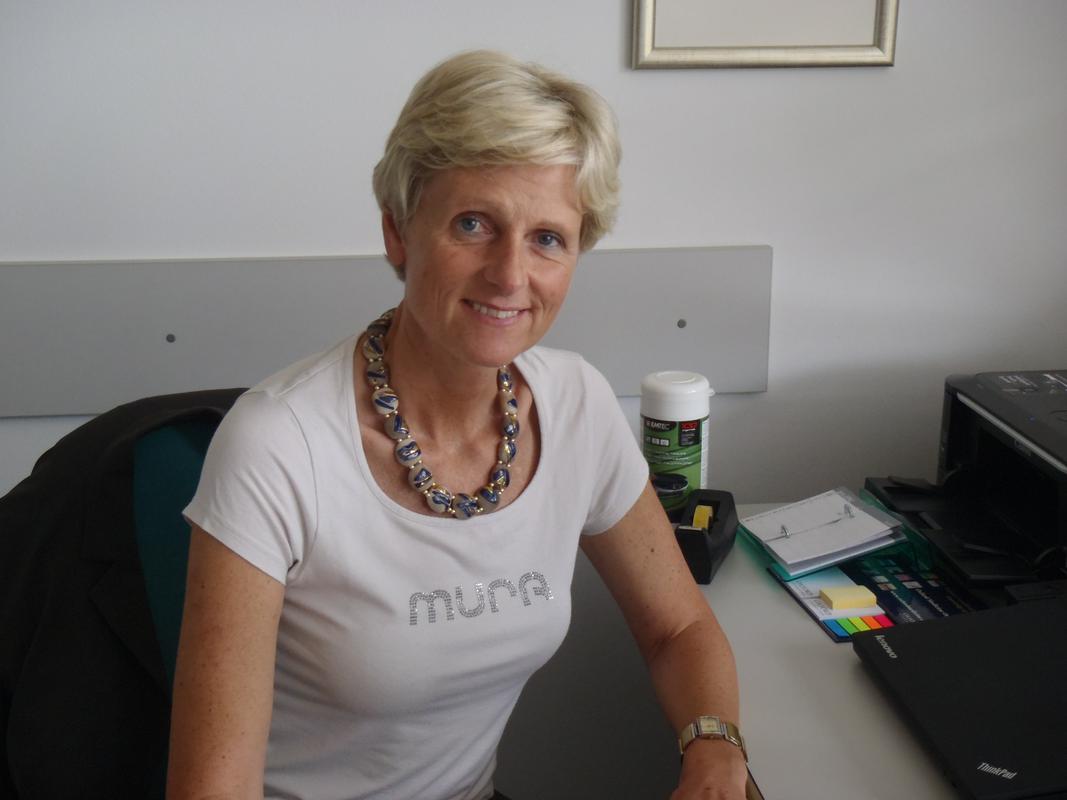
Medical director of the Ljubljana Health Centre, Tonka Poplas Susić, M. D., who specializes in family medicine and works as a consultant for the Ministry of Health, has won the title of the European doctor of the year in 2014, a recognition awarded by Wonca Europe, the European association of general practitioners/family doctors. The award aims at promoting holistic development of family medicine, connecting and partnership, and is given to doctors whom the international committee believes have left an important mark on the health of individuals and community by contributing to medical care and expertise. MMC has talked to the doctor, a pioneer of implementing referral clinics in Slovenia, about the situation of Slovenian health care, about referral clinics and their benefits for patients, about jobless doctors, lack of doctors, and the necessity of communication between doctors and patients and between doctors treating a patient. You’re kindly invited to read the interview below.
You’ve won the title of the European doctor 2014, which is awarded for positive changes and contribution in the field of family medicine. You’re a pioneer in implementing referral clinics in Slovenia. What’s the difference between a referral clinic and an ordinary one, especially from the patient’s perspective?
In short, the clinic gets a qualified nurse with a degree who takes over the prevention and treatment of chronic but stabile patients. This is the key difference. The entire treatment is clearly defined with protocols, which means that it’s very clear what needs to be done and how, both in terms of the doctor and the nurse, i.e. the entire team that works together. We defined the protocols or rather agreed on them together with clinicians, which means that the patient is treated both in primary health care as well as by a specialist, who is needed due to the patient’s condition. A nurse with a degree, who works in the team, is properly qualified, since we prepared a special series of trainings (called modules) where we cover all typical chronic diseases and through this, the nurse learns the things agreed in the protocols. The system is designed as a 10-step patient treatment and clearly defines the line where other branches of medicine need to take over, since family medicine doesn’t have proper medical equipment, laboratories etc. So this is the added value.
What about family medicine abroad, for example in EU? Do they have a system that is similar to referral clinics, have you taken any health systems from abroad as an example?
The systems of work in the developed world are based on prevention, on implementing prevention and on awareness that chronic diseases will be the biggest burden for health systems in the future. This is why the system of work is aimed at this. The concept as a model we’ve established is based on our goal of making a work plan and is based on studies which show that the system can be efficient if the stems from the needs of patients, doctors and specialists. In short, we need to agree together how will certain things be done. For example, we studied the English system of doctor’s referrals and discharges, which is 30 years old, and how the experts agreed on it. We’ve also managed to come to a good agreement with the clinicians to establish these connections between ourselves. Another study, about a completely different health-based issue, showed that the people want holistic prevention, and this is what referral clinics are for. The study focused on another form of prevention, but people pointed out things like “Why are you asking me only this, it’s not my only problem”, “I don’t only have these problems, there’s more”, “Why can’t you do a study that would ask about everything for once” etc. The demand for wider prevention kept coming up in the study, and we took this as foundation.
At some point the Slovenian Employment Office had 200 unemployed doctors registered, but at the same time there’s a lack of doctors?
This is nonsensical situation that can only occur in Slovenia. On the one hand you’d like to employ a doctor but you can’t get one. If I’m not mistaken, one call for specializations was skipped, which means that 80, 100 or even more candidates for specializations got stucked in the system and had to wait for the next calls. The calls depend on finance, on money, since specialization means opening a position for a new doctor. Completely unnecessary. We invest in students to finish their studies, and then we leave them at the employment office. This is a much bigger financial burden than finding the funds and employing our young colleagues.
On the other hand it’s difficult to get a doctor outside of cities…
Not just there, we have the same problem. There are new openings – four in the Bežigrad Health Centre, and several others in the rest of Ljubljana's public system of health centres, around nine. But there are no doctors that we could employ, we can’t get them anywhere.

































































